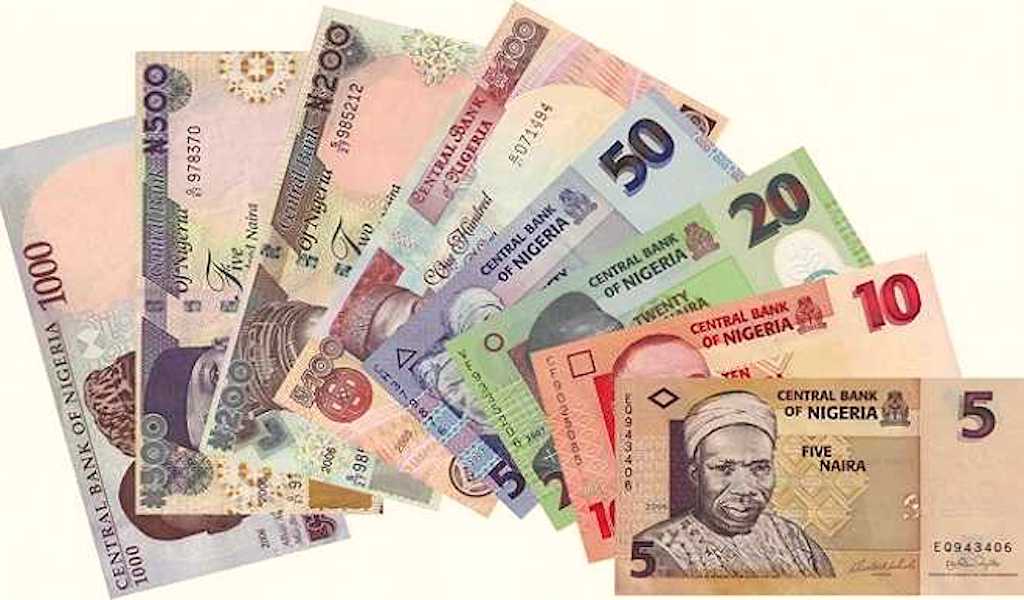[ad_1]
…the current cash crunch is a multifaceted problem with wide-ranging implications that transcends individual inconvenience; it poses a significant threat to the stability and efficiency of Nigeria’s banking sector and financial system. And finally, the trillion-dollar economy and round of bank mergers we have been intimated with seem like a mirage or could it be an intentional act?
In recent times, Nigeria has found itself grappling with a severe cash crunch, which if let unattended threatens the stability and prosperity of the nation – an issue that has manifested itself prominently in both ATM machines, POS terminals and across banking halls, causing distress among ordinary citizens. The implications of this cash scarcity extend far beyond inconvenience; it poses significant risks to the economy and impacts the daily lives of Nigerians.
The cash crunch has been caused by a combination of factors, such as the government’s decision to remove the fuel subsidy, the depreciation of the naira in the exchange market, and the huge revenues accruing to the federal, state and local governments through the monthly FAAC receipts and, most importantly, coupled with the poor management of the financial system.
What are the Consequences Facing the Nation
- ATM Machines are running dry across the country, causing frustration and uncertainty amongst Nigerians. This shortage not only hampers day-to-day transactions but also raises concerns about the robustness of the financial infrastructure;
- Risks to ordinary Nigerians as the shortage of physical cash is particularly burdensome for citizens who rely on cash transactions for their daily needs. Such as small businesses, street vendors, food sellers, wheel barrow pushers and those without access to digital payment systems, etc. The cash crunch exacerbates existing economic challenges and without readily available cash, how will these folks feed their families and dependants?
- POS charges are an added burden on Nigerians, as the increase in charges for cash withdrawals via POS transactions is now on the rise. This development places an extra strain on the pockets of individuals already grappling with rising costs;
- Fuel subsidy removal and inflationary pressures are part of the root causes of this cash crunch and are interconnected with broader economic issues. The removal of the fuel subsidy has led to an increase in transportation costs, causing a ripple effect across various sectors. The resultant inflationary pressures have made commodities and services more expensive, further squeezing cash out of the pockets of ordinary Nigerians;
- The deepening of the naira’s depreciation and exchange woes due to the unavailability of cash in banks and the financial system. With fewer naira in circulation, the demand for foreign exchange will intensify as an alternative, thereby placing additional stress on the naira’s value. This, in turn, is already affecting the purchasing power of the common man and adding to the negative complexities of an already challenging economic landscape.
- Cash hoarding by banks, businesses and individuals will rise as people are unable to withdraw cash. They hold onto their funds, and deprive the banking system of the much-needed liquidity.
Questions Begging for Answers
- Will there be a digital payment system strain? Most likely the sudden unavailability of cash would strain digital payment systems, as was seen a few months back during the botched Emefiele naira redesign programme. Not all individuals and businesses have seamlessly transitioned to digital transactions;
- Why isn’t the Central Bank Intervening? Central banks play a crucial role in maintaining the stability of the financial system. However, with the “Fly the Kite” approach of the present CBN team, it is undoubtful if the members know what has hit the financial system, as they are still trying to find their feet. In essence, their ability to manage the monetary policy effectively is somewhat ‘looking south’.
- Is there a Risk of Bank Runs? Most likely, as a prolonged unavailability of cash will heighten the risk when depositors perceive that their funds are not readily accessible, and they would lose confidence and trust in the banking system, which will then trigger a rush to withdraw funds, potentially leading to a systemic collapse. This was evident in Lebanon recently.
In conclusion, the current cash crunch is a multifaceted problem with wide-ranging implications that transcends individual inconvenience; it poses a significant threat to the stability and efficiency of Nigeria’s banking sector and financial system. And finally, the trillion-dollar economy and round of bank mergers we have been intimated with seem like a mirage or could it be an intentional act?
Adamu Rabiu writes from Kaduna.
Support PREMIUM TIMES’ journalism of integrity and credibility
Good journalism costs a lot of money. Yet only good journalism can ensure the possibility of a good society, an accountable democracy, and a transparent government.
For continued free access to the best investigative journalism in the country we ask you to consider making a modest support to this noble endeavour.
By contributing to PREMIUM TIMES, you are helping to sustain a journalism of relevance and ensuring it remains free and available to all.
Donate
TEXT AD: Call Willie – +2348098788999
[ad_2]
Source link




